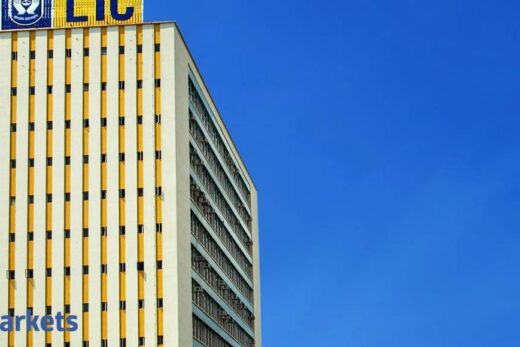On the block is a fresh issue of Rs 2,000 crore and an offer for sale of 5.83 crore shares in the price band of Rs 870-900. At the upper end of the price band, the company is valued at nearly 5.9 times its assets under management (AUM) as on September 30. The retail quota is reserved at 10 per cent.
Star Health, which commands a market share of 15.8 per cent in the health insurance market as of FY21, stands out among other standalone health insurers in terms of size, strong growth in gross written premium and better operational performance, analysts said.
That said, the Rakesh Jhunjhunwala-backed company has been reporting losses ever since the emergence of Covid-19, led by an increase in claims across the network. The increase in claims due to the pandemic accounted for 30 per cent of total net paid claims by value in FY21 and 40.5 per cent in the six months ended September 30.
Star Health logged a loss of Rs 380.27 crore in six months to September 30, in addition to Rs 825.58 crore loss in FY21. FY20 profit stood at Rs 268 crore. With a new coronavirus variant, Omicron, in the news, there could be concerns over further Covid claims if the situation goes out of hand. But nothing is concrete, with WHO saying the details about Omicron’s severity were still not clear.
For now, analysts are recommending a subscribe rating on the issue, but “for long-term only” and are cautiously optimistic on the issue.
Angel Broking said the valuations asked by Star Health at 5.5 times FY21 market cap to gross written premium (GWP) was in-line with recent deals in the standalone health insurer space and appeared to be fair considering its positioning. It has recommended subscribing “from a long-term perspective only”. The brokerage said further impact of the Covid-19 pandemic could increase claims and any increase in competition could negatively impact the company’s profitability.
At the upper price band of Rs 900, the issue is valued at a P/BV multiple of 14.2 times based on its FY21 book value per share of Rs 64.
Arihant Capital also has a subscribe with long-term view rating. “The company has a better track record than its peers in the health insurance industry — led by a higher share of retail health in its product mix against the industry, a higher focus on SMEs in the group health segment, and better agent productivity. In FY21, it had posted a loss due to one-offs and higher claim ratios on account of Covid, which is expected to normalise after FY22E,” Arihant said.
Its combined ratio has been among the best in the industry at 92–94 per cent, except in FY21, which was impacted by a one-off event, it noted.
Choice Broking said peers it considered for benchmarking Star Health’s valuation operated in the general insurance market as health insurance was one of their various offerings. “Star Health is demanding a mcap-to-net premium earned multiple of 10.3 times, which is at a premium to the peer average. Moreover, the demanded valuations are at elevated premium to recent capital issuance. Thus, considering the above observations, we assign a ‘subscribe with caution’ rating for the issue,” it said.
As on September 30, 2021, Star had 779 health insurance branches across 25 states and five union territories. The existing branches were supplemented by 562 sales manager stations (small individual service centres) and 6,892 in-house sales managers.
Star Health distributes its health insurance policies primarily through individual agents, which accounted for 78.9 per cent of its GWP in FY21. It reported a GWP of Rs 9,348.95 crore in FY21 and Rs 5,069.78 crore in the first six months of FY22.



